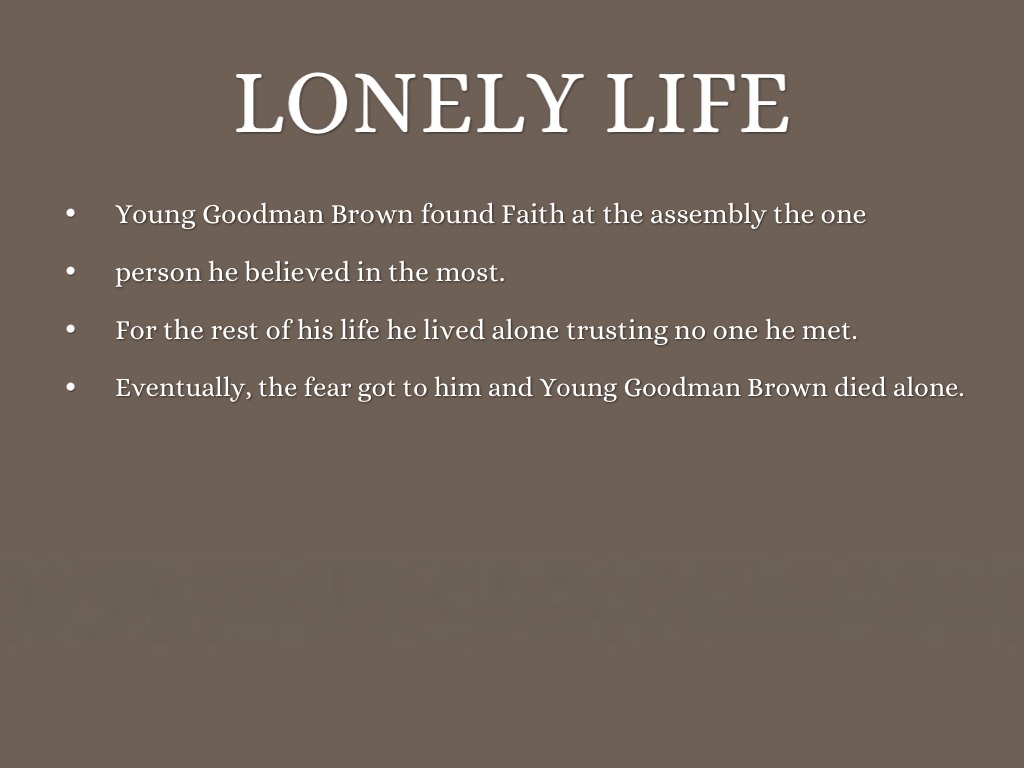In recent years, a perplexing phenomenon has emerged on social media platforms known as "dry begging." This term refers to the subtle and often indirect requests for help or financial assistance that individuals make without explicitly stating their needs. It often manifests through vague posts that hint at personal struggles or hardships, leaving followers to interpret the message and, potentially, offer support. The motivations behind dry begging can vary widely, leading to a complex conversation about the ethics of seeking help online.
As the lines between genuine vulnerability and attention-seeking behavior blur, understanding dry begging becomes increasingly essential in today’s digital landscape. For many, social media serves as a double-edged sword, providing both a platform for connection and a space for scrutiny. The implications of dry begging can affect not only those who engage in it but also their followers, raising questions about empathy, responsibility, and the nature of online relationships.
In this article, we will delve into the intricacies of dry begging, exploring its roots, its implications, and the societal factors that contribute to this trend. We will also examine how individuals can navigate their own needs for support while maintaining a sense of integrity and respect for their audience. Join us as we unpack this fascinating subject and seek to understand the motivations behind dry begging and its impact on our social interactions.
What is Dry Begging?
Dry begging is a term that has gained traction in discussions about social media behavior. It involves individuals conveying their needs or struggles indirectly, often through emotional or vague language, without making a direct request for assistance. This can manifest in various ways, including:
- Posting about personal hardships without specific requests for help.
- Sharing images or quotes that resonate with feelings of despair or need.
- Utilizing emotional language to elicit sympathy from followers.
The term "dry begging" highlights the lack of explicitness in these requests, which can lead to confusion and mixed responses from followers.
Why Do People Engage in Dry Begging?
People may engage in dry begging for several reasons, including:
- Fear of Rejection: Some individuals may feel uncomfortable asking for help directly due to fear of being turned down or judged.
- Desire for Sympathy: Others may seek emotional support and validation from their social circle without wanting to appear needy.
- Social Comparison: In a world where social media highlights personal achievements, some may feel pressured to conform to a certain image, leading them to express hardship indirectly.
Understanding these motivations can shed light on the complex nature of dry begging and its prevalence in online spaces.
How Does Dry Begging Impact Relationships?
The effects of dry begging on relationships can be profound. When individuals engage in this behavior, it can lead to:
- Miscommunication: Followers may misinterpret the intentions behind a post, leading to confusion and potential conflict.
- Emotional Drain: Friends and family may feel overwhelmed by the emotional weight of indirect requests for help.
- Resentment: Constant dry begging can lead to feelings of resentment among followers who may feel manipulated or taken advantage of.
These dynamics can strain relationships and create a cycle of misunderstanding and unmet needs.
Is Dry Begging Ethical?
The ethical implications of dry begging are a topic of heated debate. Some argue that it is manipulative and undermines the sincerity of genuine requests for help. Others contend that it is a valid form of expressing vulnerability in an increasingly disconnected world. Key considerations in this debate include:
- Intent: Is the individual seeking genuine support or merely seeking attention?
- Impact on Others: How does this behavior affect the emotional well-being of followers?
- Alternatives: Are there healthier ways to express needs without resorting to dry begging?
What Can Be Done to Address Dry Begging?
Addressing the issue of dry begging requires a multifaceted approach:
- Open Communication: Encouraging direct communication about needs can help clarify intentions and foster understanding.
- Setting Boundaries: Followers can set boundaries regarding their emotional involvement and responses to dry begging.
- Education: Raising awareness about the potential consequences of dry begging can empower individuals to seek support in healthier ways.
How Can Individuals Seek Support Without Dry Begging?
There are several ways individuals can ask for help without resorting to dry begging:
- Be Direct: Clearly articulate your needs and seek assistance openly.
- Utilize Support Networks: Reach out to friends and family privately instead of broadcasting struggles on social media.
- Practice Self-Advocacy: Learn to ask for what you need confidently and respectfully.
By adopting these strategies, individuals can create a more transparent and supportive environment for themselves and their communities.
Conclusion: Navigating the Complexities of Dry Begging
In conclusion, dry begging is a complex behavior that raises important questions about vulnerability, ethics, and relationships in the digital age. Understanding its motivations and implications can lead to more compassionate interactions both online and offline. By fostering open communication and encouraging direct requests for help, individuals can navigate their needs without resorting to indirect methods that may confuse or alienate their support networks. Ultimately, addressing the issue of dry begging requires a commitment to empathy, understanding, and respectful communication in our increasingly interconnected world.
You Might Also Like
Unveiling The Truth: Does Julia Roberts Have Cancer?Exploring Hyungry Temporary Replacement 2 Early Access: What To Expect
Is Mark Harmon Still Alive? The Truth Behind The Rumors
Benson Boone Height: The Rising Star's Physical Presence
Cassie Heiter Age: Unveiling The Secrets Behind Her Youthful Charm
Article Recommendations
- Unlocking The Mystique A Comprehensive Guide To Female Demon Names Generator
- Dana Kinduryte The Rising Star In The Financial World
- Joshua Ackles The Rising Star In The Entertainment Industry


